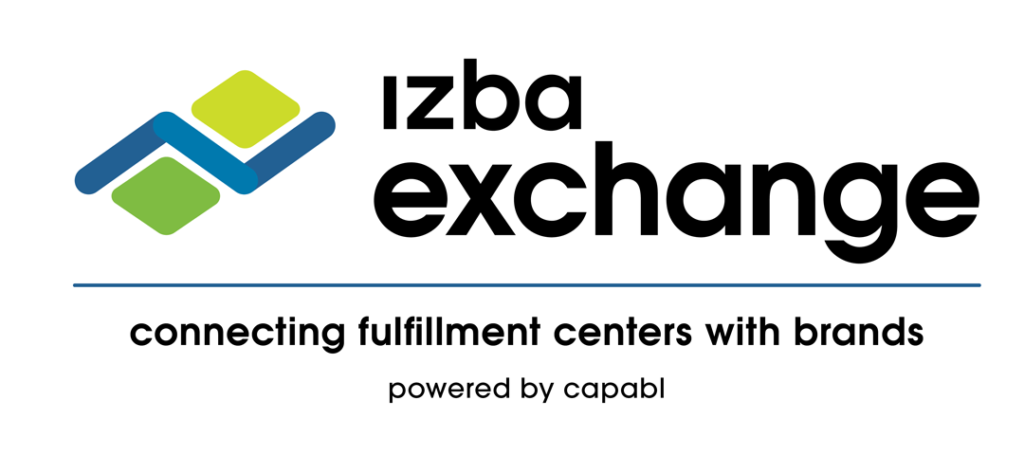When to Outsource vs. Build In-House Expertise: A Guide for Growing Businesses
As your business grows, one of the key questions you’ll face is whether to invest in building an in-house team or to outsource certain expertise. Both options come with their own advantages and challenges, and the right choice often depends on your company’s stage of growth, the nature of the work, and your long-term goals. Here’s a breakdown of when it makes sense to outsource versus when to build in-house expertise.
1. Early Stages: Outsourcing to Fill Knowledge Gaps
In the early stages of a business, resources are often tight, and it can be difficult to hire full-time employees with the diverse skill sets needed to cover all aspects of your operations. Outsourcing allows you to tap into specialized expertise without the overhead costs of hiring a full team.
Why Outsource Early On:
- Access to Specialized Skills: Most early-stage companies don’t need full-time staff for every function (e.g., inventory planning, freight, or fulfillment). Instead, outsourcing allows you to bring in the right experts for specific tasks when needed.
- Cost Efficiency: It’s not feasible to hire a full team of specialists at the outset. Instead, a firm can provide the expertise you need on-demand, so you’re not paying for someone’s salary and benefits when you don’t have the revenue to support it.
- Scalability: As your business grows, your needs will evolve. Outsourcing gives you flexibility, allowing you to scale up or down quickly as your business requirements change without being tied to long-term hires.
For example, partnering with a firm that specializes in logistics or supply chain management can be a smart move when you don’t yet have the volume to justify a full-time hire but need the expertise to ensure your operations run smoothly.
2. Growth Stage: Transitioning from Outsourcing to In-House Expertise
As your business grows, you may reach a point where it makes sense to begin bringing certain functions in-house. You might hire more full-time employees as your revenue increases and your operational complexity grows. However, it’s essential to transition gradually, ensuring that each hire aligns with your company’s evolving needs.
When to Start Hiring In-House:
- Revenue Support: Once your business reaches a certain level of revenue, it may make sense to start hiring full-time employees to handle functions like fulfillment, inventory planning, and supply chain management. This is especially true if you’ve outgrown the capacity of an outsourced provider or need someone dedicated to your operations.
- Internal Knowledge Retention: As you scale, you’ll likely need someone who is more embedded in your company’s culture and operations, someone who understands your systems, values, and long-term vision in a way that external providers cannot.
- Long-Term Efficiency: A dedicated in-house team allows for greater control and integration over time. You’ll be able to implement long-term strategies, improve workflows, and innovate without waiting for external input or approval.
In this phase, you might begin by hiring an executive who can oversee the development of your operations, and then build out specific teams for inventory management, logistics, and procurement as your needs grow.
3. Established Stage: Outsourcing for Speed and Change Management
Even well-established companies often find themselves outsourcing certain functions for a variety of reasons, from the need for fresh perspectives to short-term, high-impact projects. If you need to move fast or implement new processes, outsourcing can be a strategic decision to get the results you need quickly.
Why Outsource When You’re Established:
- Fresh Perspective: Sometimes, internal teams become entrenched in existing processes. Bringing in an external consultant or firm can provide new insights and help drive innovation. This is particularly helpful when your business is undergoing change management or restructuring.
- Specialized Expertise for Specific Projects: If you’re rolling out a new system or project that requires specialized expertise, outsourcing can provide the targeted support you need. For example, implementing a new ERP system, optimizing parcel shipping, or launching a new product line might require expertise your internal team doesn’t have.
- Bandwidth Management: Even established businesses can reach a point where their internal teams are at capacity. If you’re undertaking a large-scale project but don’t have the bandwidth to execute it internally, outsourcing allows you to bring in extra support without overwhelming your existing team.
- Fast Turnarounds: When a project requires quick turnaround time, outsourcing can help get it done faster. Your in-house team can remain focused on their day-to-day tasks while experts handle the time-sensitive project.
For instance, if your company is launching a new product but lacks the internal resources to handle the marketing campaign, bringing in an external marketing agency can allow your team to focus on other priorities while experts execute the campaign.
4. When to Keep Functions In-House
While outsourcing has clear benefits, there are also times when it makes sense to invest in building in-house capabilities, particularly when the function is critical to your long-term strategy or operational efficiency.
When to Build In-House Expertise:
- Core Functions: If a function is central to your company’s long-term success, such as customer support or product development, it’s worth building in-house expertise. Having a dedicated team for these areas allows for greater control, consistency, and a deeper understanding of your products and customers.
- Brand Culture: Functions that directly impact your company culture—such as HR or marketing—often benefit from being kept in-house. These teams play a crucial role in shaping your brand and maintaining the values you want to communicate to customers.
- Strategic Investment: When your business has the resources and the need to invest in long-term talent development, hiring in-house can pay dividends. Building your own team allows for better alignment with company values and vision, while also fostering internal knowledge and growth.
Conclusion: Outsource When It Makes Sense, Build In-House When You’re Ready
The decision between outsourcing and building in-house expertise is not an either/or proposition—it’s about finding the right balance. Outsourcing can provide critical expertise and flexibility during the early and growth stages, while in-house teams are often more suitable for core functions and long-term scalability.
As you move through different stages of your business, reassess your needs, available resources, and strategic goals. Remember that the right solution will vary based on your specific situation, and sometimes it makes sense to blend both approaches to achieve optimal results.




